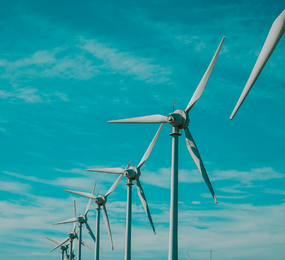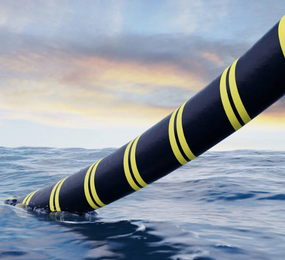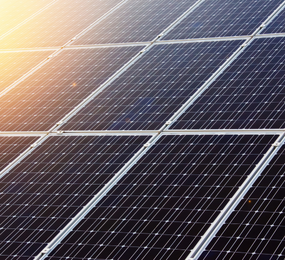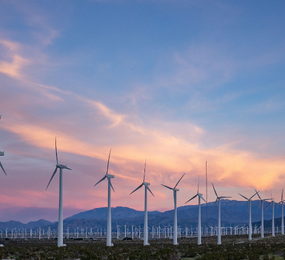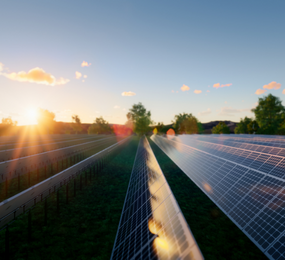"Biobased" refers to or is derived from natural, sustainable, or living sources. "Biodegradable" refers to something that can naturally decompose with the help of microorganisms into its component parts (water, biomass, and gas). A subclass of biodegradable plastics called compostable plastics biodegrades over time and in specific conditions.
According to European Bioplastics, a plastic material that is either biobased or biodegradable or both is a "bioplastic." Contrarily, "biobased plastics" are those made from renewable biomass, such as vegetable oil, cornstarch, pea starch, and microbiota.
Advances in science and technology have resulted in the rapid development of modern society, which is clearly unsustainable because of the strain it places on current resources. The majority of the energy and materials required to sustain the current society come from non-renewable fossil resources, which will eventually run out. One example of an important commodity in the modern lifestyle is plastic. Plastics are unquestionably superior materials in terms of cost, processing ease, and practical qualities, but because they are currently made from fossil fuels, they are difficult for different ecosystems to absorb after disposal.
Food and beverage firms are increasingly using biobased plastics for food packaging as customer interest in eco-friendly alternatives to fossil fuel-based plastics grows.
According to a report by Nova-Institute GmbH, the overall volume of biobased building blocks and polymers was 7.5 million tonnes in 2018, or around 2 percent of the volume of petrochemical polymers, with a growth rate of 4 percent anticipated through 2023. The potential for significant growth is much higher, but low oil prices and a lack of political support are hampering growth, notes the report.
Bio-based plastics can help to reduce the dependency on limited fossil resources, which are expected to become significantly more expensive in the coming decades. By using renewable resources in place of oil to create bio-based polymers, fossil resources used to make plastics are gradually replaced by renewable resources (currently predominantly annual crops, such as corn and sugar beet, or perennial cultures, such as cassava and sugarcane).
Additionally, bio-based plastics offer a unique opportunity to cut GHG emissions or perhaps achieve carbon neutrality. As they grow, plants take up carbon dioxide from the atmosphere. By using plants (i.e., biomass) to make bio-based plastics, greenhouse gases (CO2) are momentarily removed from the environment. The duration of this carbon fixation can be prolonged by creating "use cascades,"
The ability of bio-based plastics to "complete the cycle" and improve resource efficiency is another important benefit.
Furthermore, bio-based and biodegradable plastics might contribute to improving waste management effectiveness throughout Europe by preventing biowaste from being dumped in landfills.
The World Biopolymers and Bioplastics Innovation Forum is an attempt to explore the various ways to utilise natural resources for betterment of the future, promising a better tomorrow for the progeny and a better vision for the springing research. Join us on 1st - 2nd March, 2023 in Berlin, Germany so you don't feel left out in the industry!
To register or learn more about the Forum please check here: https://bit.ly/3TQ1k8m
For more information and group participation, contact us: [email protected]


